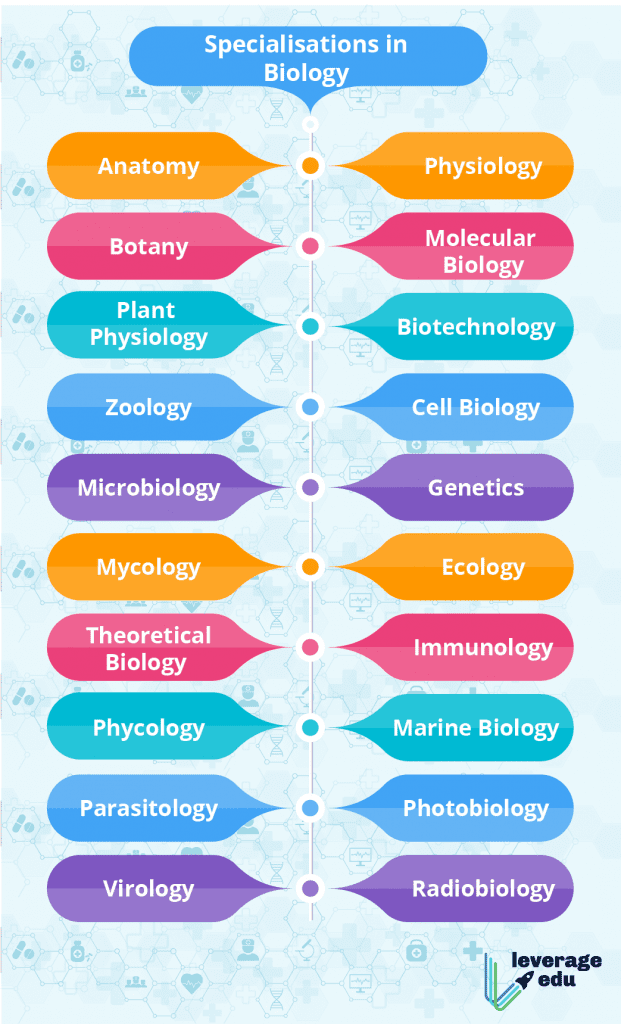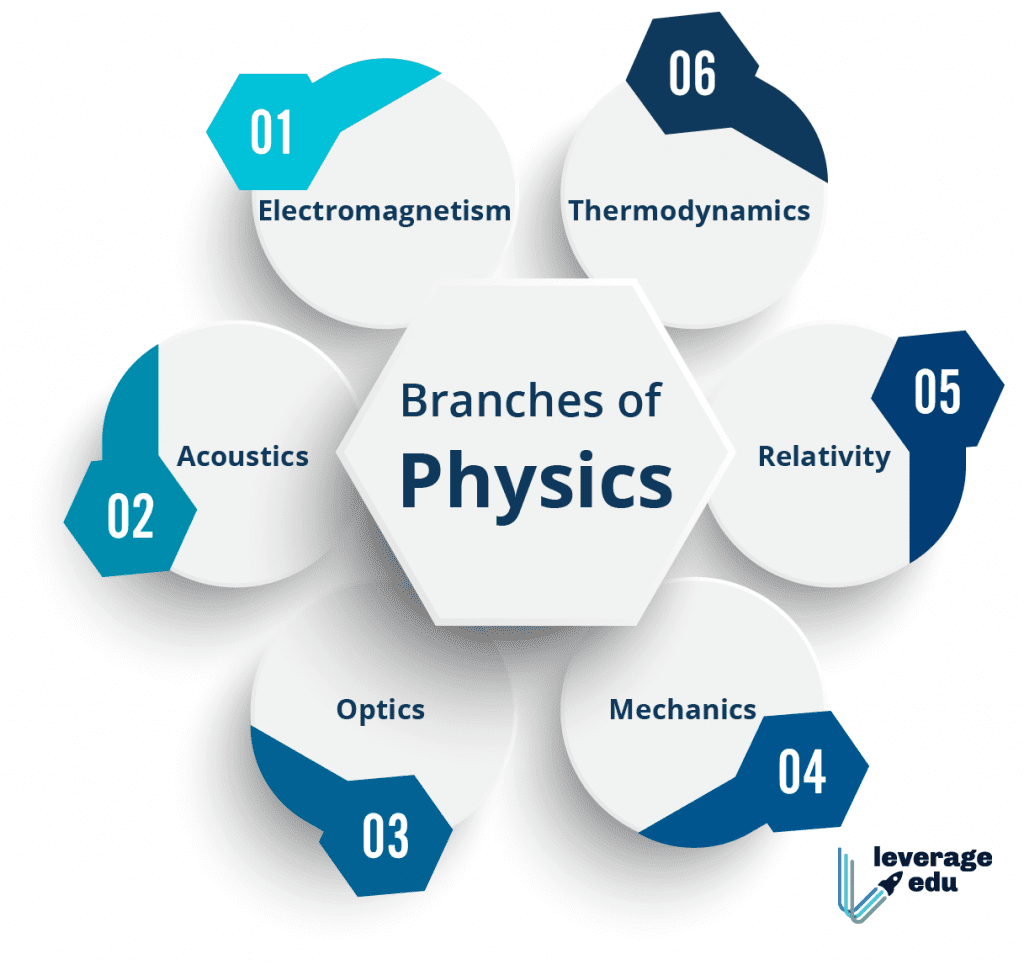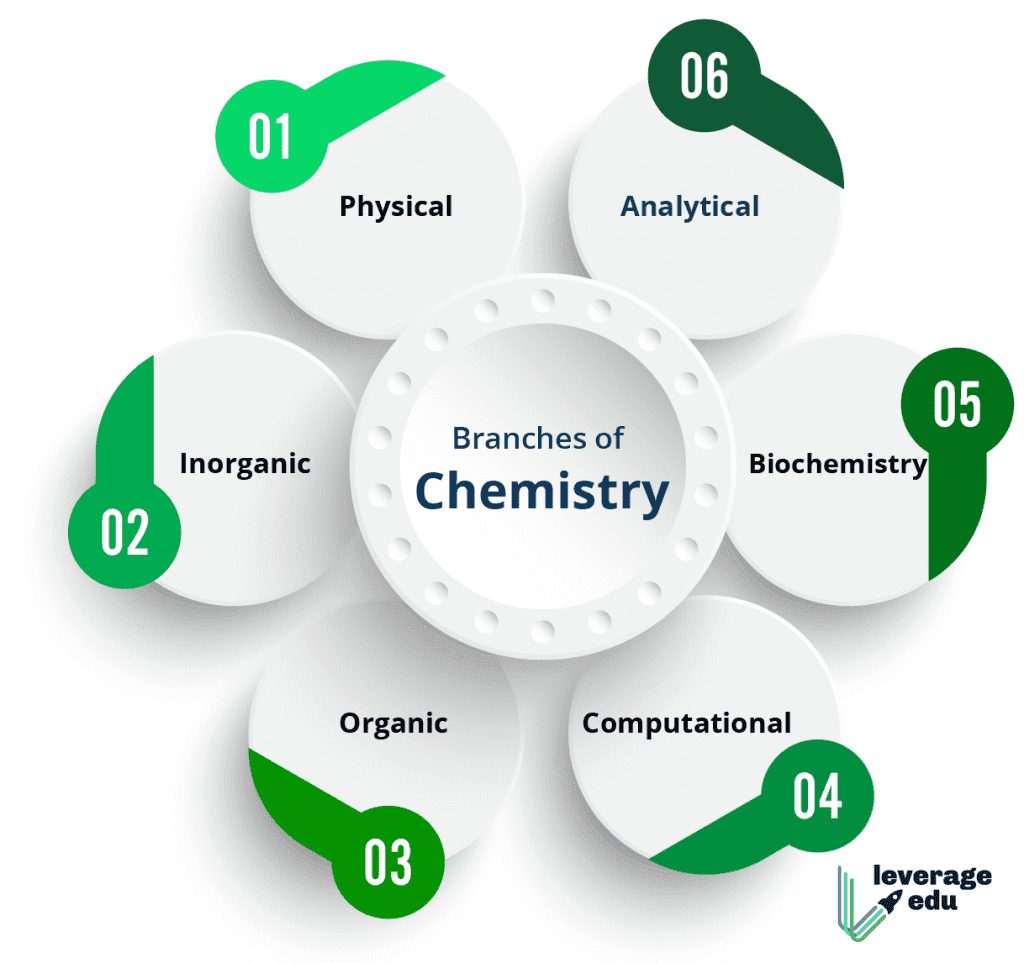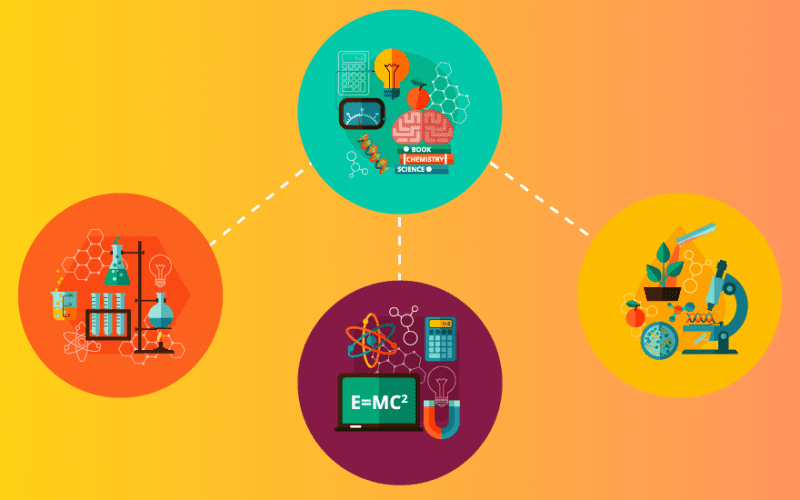What subjects do we have in BIPC? To begin with, the full form of BiPC is Biology, Physics and Chemistry which are the subject names for the intermediate subject combination of BiPC after 10th in the science stream. There are numerous courses offered in BiPC especially in the medical field such as MBBS, BDS, BSc Physics, BSc Chemistry, BSc Biotechnology, and more. A key advantage of taking BiPC is that you don’t have to appear for NEET and can choose from a plethora of courses other than MBBS and also opt for specialisations like medical journalism, academia and research. This blog brings you a complete guide on BiPC courses, intermediate subjects, advantages and more!
[powerkit_toc title=”This Blog Includes:”]Register here for a FREE Career Counselling Session!
What Subjects are there in BiPC?
The full form of BiPC is Biology, Physics and Chemistry and refers to the combination of subjects in science stream at intermediate or pre-university level in India. It is also refer to as the medical stream in India as you can explore a wide range of careers in Medicine, Research, Agriculture, Physics and Chemistry in this field.
BiPC Advantages
There is immense scope for BiPC students to explore a wide range of fields and specialisation under this subject combination. Some of the most popular BiPC courses are MBBS, BSc Nursing, B Pharmacy, Paramedical Courses, Ayurveda Courses, Homeopathy Courses, Allied Health Courses, BSc Physics, BSc Chemistry, amongst others. Here are the top benefits of taking BiPC intermediate:
- You are not necessarily required to appear for NEET after taking BiPC since there are several courses other than MBBS in these subjects that you can explore.
- You can also pursue short-term courses after BiPC like D Pharmacy, Homeopathy courses, Paramedical courses, etc.
- Not only the medical field, but you can also explore lucrative careers in research, academia, medical journalism, etc. by taking BiPC in intermediate.
BiPC Courses
There are various courses after 12th PCB which you can choose from to build a career in any of these fields. Take a look at the following list of programs you must explore if you have studied any of these 12th science stream subjects:
| Subject | Courses after 12th |
| Biology | BSc Biology MBBS Bachelor of Dental Science (BDS) BHMS course Biotechnology Courses BSc Zoology BSc Microbiology BSc Geology Bachelor of Ayurvedic Medicine and Surgery(BAMS) BSc Radiology BSc Anesthesia |
| Physics | BSc Physics BSc Engineering Physics BSc Applied Physics BSc Astrophysics BSc Biophysics |
| Chemistry | BSc Chemistry BSc Biochemistry BSc Forensic Science BSc in Natural Sciences BSc Genetics Bachelor of Medicinal Chemistry Bachelor of Engineering Chemistry |
| Interdisciplinary Courses | BSc Psychology BSc (Agriculture Mktg and Business Management) BSc (Biochem and Agricultural Chemistry) BSc in Crop Physiology BSc in Entomology BSc in Agronomy BSc in Agricultural Meteorology BSc in Agricultural Biotechnology BSc in Agriculture Food Technology Courses BE in Man-Made Fibre Technology BE in Textile Technology BE in Textile Chemistry BSc Zoology BSc Botany |
To know more, check out the complete list of Courses After BiPC!
Which is best MPC or BiPC?
BiPC subjects are commonly opted by students wanting to pursue a career in medicine and MPC is for Engineering and Architecture aspirants. Here are the key differences between MPC and BiPC:
| Difference | MPC Subjects | BiPC Subjects |
| Full Form | Maths, Physics, Chemistry | Biology, Physics, Chemistry |
| Courses | BTech, BE, BSc, Bachelor of Architecture | MBBS, BSc, BDS, Paramedical Courses |
| Careers | Engineering, Architecture, Information Technology | Medicine, Nursing, Medical Administration |
| Difficulty Level | Considered more difficult than BiPC | Considered relatively easier than MPC |
Biology
Coined by Lamarck, Biology is simply the study of all types of living organisms. As a natural science field, It focuses on the vital life processes, organisation and occurrence of living creatures. There are many branches of biology, the most famous are; Zoology, Botany, and Microbiology. While Zoology is the study of the animal kingdom, Botany deals with the study of plant life. Microbiology, on the other hand, is the science of microorganisms.

Here is an exhaustive list of all the topics that you will come across while studying Biology in BiPC subjects:
- Diversity of Living Organisms: This covers the basics of the living world, their biological classifications, salient features of plant and animal kingdom and their respective divisions.
- Cell Biology and Basics: It covers cell structure, cycles and divisions, prokaryotic and eukaryotic cells, cell organelles and functions, and biomolecules classification.
- Structural Organisation of Plants and Animals: The subject matter includes Morphology, Anatomy and functions of different systems in plants and animals.
- Human Physiology: It is the study of how human organs function both in health and diseases. Digestion and absorption, respiration, blood circulation, excretion, types of movements, nervous system and human endocrine system are some of the few topics which you will read about.
- Plant Physiology: A subdivision of Botany and an important topic of BiPC Subjects, plant physiology is the science of how photosynthesis, mineral transportation and plant respiration help in the overall growth and development of plants.
- Reproduction: The modes, reproduction in flowering parts and humans, human reproductive systems, health awareness, prevention and methods of preventing STDs are some of the few topics which are broadly covered under this theme.
- Evolutionary Genetics: This introduces you to the principle of inheritance, chromosome theory, structure of DNA and RNA, Mendelian disorders, molecular basis of inheritance, DNA replication, packaging and fingerprinting.
- Human Health and Welfare: The primary objective of this topic is to familiarize you with types of diseases, disease-causing pathogens, immunology, microbes in human welfare, biofortification and biological methods of food production.
- Biotechnology: Another important aspect of BiPC Subjects, Biotechnology is the science of using biological systems or living organisms to produce technology for the welfare of humans. The subject matter includes biotechnology processes, its principles and applications.
- Environment and Ecology: It deals with the interaction of organisms with the environment, types of population interactions, biodiversity and its conservation, components of an Ecosystem, and key environmental issues.
Physics

Another natural science branch, Physics is the study of the observable components of the Universe. An important part of BiPC subjects, it broadly deals with the study of energy, matter and how they depend on each other. Biophysics, a newly emerging field is now becoming popular among students. It is an interdisciplinary branch which helps in solving Biology problems using Physics concepts. Sound knowledge of physics and biology will help you in pursuing this course.
Let us now look at some of the important topics included in physics under BiPC subjects:
- Rectilinear and Non-Rectilinear motion
- The three laws of motion
- Concepts of work, energy and power
- Thermodynamics and its laws
- Gravitational Concepts
- Thermal Properties of Matter
- Dual Nature of Matter
- Kinetic Theory of Gases
- Basic concepts of electricity and magnetism
- Electromagnetic waves, Induction and Alternating Currents
- Communication Systems and Electronic Devices
Chemistry

Chemistry has immense importance in the medical field. From understanding the chemical composition and improving the potency of drugs to disease diagnosis and genome sequencing, knowledge of this subject helps in the overall development of medical science. An integral part of BiPC subjects, a sound knowledge of different branches of Chemistry will open up doors to careers in fields like Marine Biology, Biochemistry, and Genetics.
Below is a list of important topics covered in Chemistry:
- Element classification and properties
- Chemical bonds, their types and properties
- Biomolecules, Polymers, and Hydrocarbons
- Structure of Atoms and Molecules
- Redox Reactions and Chemical Kinetics
- States of Matter
- Coordination Compounds
- Chemical Thermodynamics
- s-, p-, d-, f-Block Elements and their Properties
- Organic and Inorganic Chemistry
- Electro, Surface, and Environmental Chemistry
- Ethers, Alcohols, and Phenols
- Ketones, Carboxylic acids, and Aldehydes
- Types and Properties of Solutions
Top Universities for Courses After BiPC
There are various world-leading universities across the globe which offer a wide range of courses in BiPC subjects. Check out the following top universities in the world which are renowned for providing the best exposure and research opportunities for those planning to build a career in Biology, Physics or Chemistry:
| University | Country | Fees approx |
| Harvard University | United States | $50k – $55k |
| University of Oxford | United Kingdom | £10k – £15k |
| University of Cambridge | United Kingdom | £10k – £15k |
| Stanford University | United States | $60k – $65k |
| John Hopkins University | United States | $60k – $65k |
| Karolinska Institute | Sweden | – |
| University of California, Los Angeles | United States | $60k – $65k |
| University College London | United Kingdom | – |
| Yale University | United States | $65k – $70k |
| Imperial College London | United Kingdom | £15k – £20k |
FAQs
The full form of BiPC is Biology, Physics and Chemistry and is a subject combination in the science stream. BiPC courses commonly include MBBS, BSc Nursing, BSc Physics, BSc Chemistry, BSc Zoology, BSc Botany, B Pharmacy and Paramedical courses.
Some of the best colleges in India for BiPC students are AIIMS, Armed Forces Medical College Pune, Kasturba Medical College, Maulana Azad Medical College, Kerala University of Health Science, amongst others.
To ace your marks in BiPC, you will need a strong study schedule, efficient time management as well as mastering these three subjects and their branches. Make sure that you prepare a time-table for exams, create a list of your strong and weak concepts as well as do effective planning beforehand to crack each subjects.
BiPC is one of the hottest and beneficial subject combinations in intermediate as you can explore a wide range of courses apart from MBBS, such as paramedical courses, allied health courses, and specialisations like Marine Biology, Zoology, Biochemistry, Biotechnology, Food Technology, Physical Chemistry, amongst others.
If you need any help in exploring career opportunities with BiPC subjects, then you can get in touch with team Leverage Edu where the mentors and counsellors will guide you in pursuing the right career.
-
Thanks for helping me a lot ur information is soo valuable and it contains lot of meaning it helps many students
-
Thank you!
-
-
Nice
-
thanks!
-

 One app for all your study abroad needs
One app for all your study abroad needs




















 25,000+ students realised their study abroad dream with us. Take the first step today.
25,000+ students realised their study abroad dream with us. Take the first step today.


8 comments
Thanks for helping me a lot ur information is soo valuable and it contains lot of meaning it helps many students
Thank you!
Nice
thanks!
Thank u
Thanks for reading.
Also, check: Courses After BiPC: All You Need To Know
Thanks for giving this information
I have a confussion about taking mpc and bipc thanks for the conformation